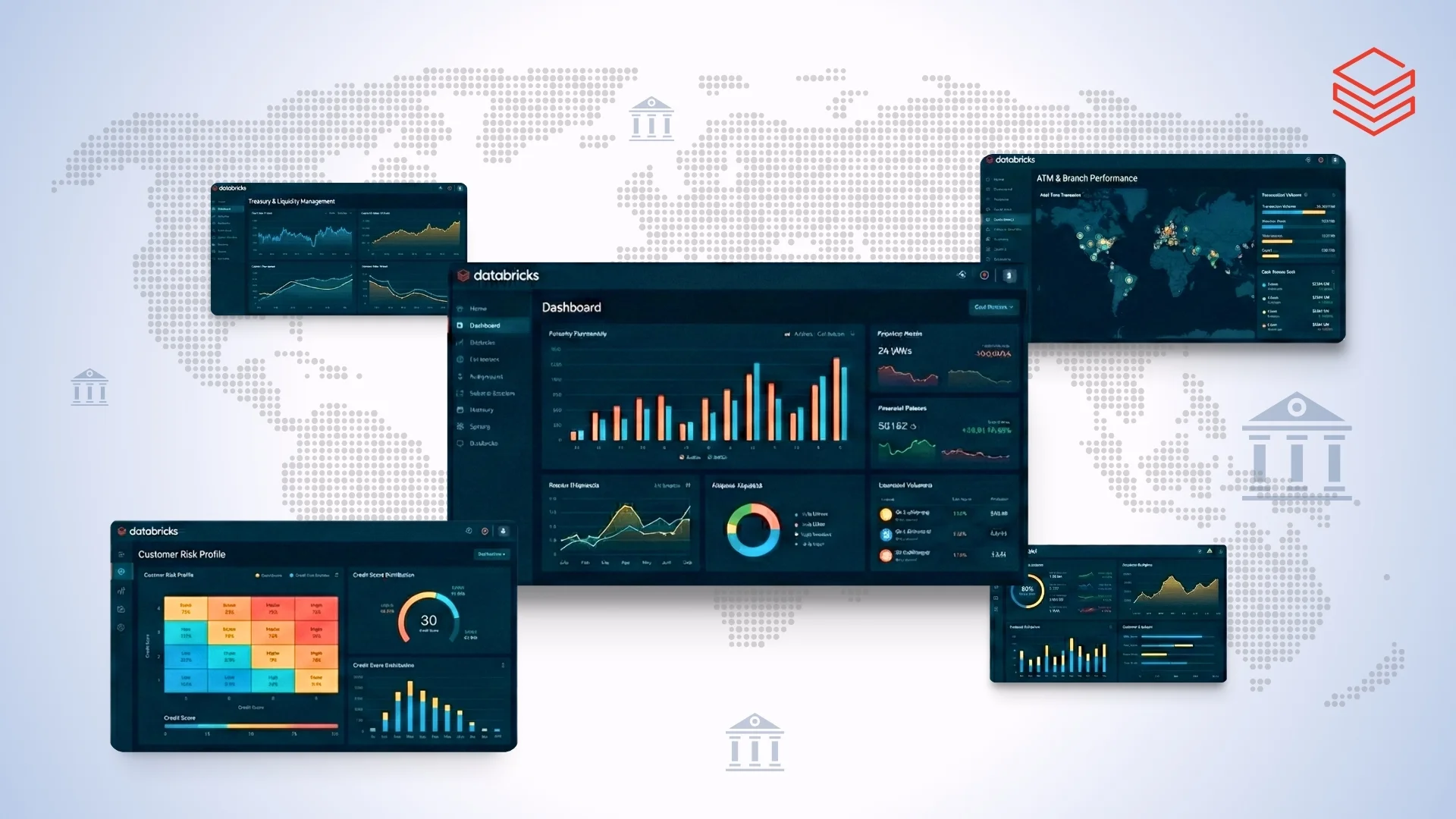Introduction
A collaborative practice methodology in software development and IT operations, DevOps is a combination of the words “development” and “operations”. Patrick Debois first used the phrase “DevOps” in 2009, often referred to as the Father of DevOps, and since then, it has become a key technique for infrastructure as code, continuous integration, and delivery to improve the software development lifecycle. Merits include streamlined software delivery and increased efficiency and many more.
Let us deep delve into what are the Key DevOps Principles.
Table of Contents
Collaboration & Communication
Collaboration and communication are essential DevOps principles that streamlined operations. As the word suggests, close interaction between development and operations teams, it enables the exchange of insights, requirements, and feedback between the teams. This collaborative approach ensures that developers understand operational requirements. Effective communication tools and practices, which includes regular meetings, shared documentation, and automation, facilitate real-time information sharing. These principles help create a culture of transparency, agility, and teamwork, reducing errors, accelerating development, and enhancing the overall efficiency and reliability of operations.
Automation
Automation is a key DevOps principles, which implies that using automated processes can speed up operations. Automation can be used to streamline time consuming and repetitive operations, which will enhance software development and deployment speed and efficiency. This includes automating infrastructural, architectural, and configuration management in addition to build, test, and deployment pipelines. Reducing manual input, minimizing errors, and ensuring timely and reliable software delivery are ways to increase speed, which in turn allows for creating an environment for development and operations that is more responsive.
Feedback Loops
The feedback loop is an essential idea in DevOps that highlights the constant feedback exchange between the development and operations teams. It supports responsive and adaptive software development and deployment procedures. Teams are able to swiftly identify problems, make necessary modifications, and adjust by gathering and evaluating input via user interactions, even in at testing stage, and monitoring. This real-time feedback loop creates a culture of continuous improvement, improves teamwork, speeds up issue-solving, and eventually results in more dependable and effective operations.
Picture Credits: Paul Peissner, Agile and DevOps advocate, SlideShare
Inspired from original source: Four key vectors for closing the DevOps feedback loop by Andi Mann

Continuous Improvement
The operations team is subject to continuous improvement as a key DevOps principles. It encompasses constantly monitoring systems and procedures to find areas that could be improved. Teams can identify inefficiencies, vulnerabilities, and improvement possibilities by constantly gathering and evaluating data. A culture of gradual enhancement is created by this data-driven strategy, which helps firms improve performance, strengthen security, lower downtimes, and make small improvements. The objective is to minimize risks and disruptions while maintaining responsiveness and agility in order to provide users with higher value in the end.
Customer centric action
According to DevOps principles, customer-centric action involves integrating all operational components to provide the greatest possible value to end users. To make sure that the software or services fulfil the needs and expectations of the client, this requires a strong emphasis on feedback, teamwork, and ongoing improvement. It necessitates quick feature or fixing deployment issues, effective problem-solving, and a comprehensive understanding of customer requirements. DevOps teams may optimize processes, improve product quality, and ultimately develop a more responsive and user-friendly software delivery process by placing a strong emphasis on customer satisfaction.
Watch the video for more detailed explanation.
Amazon uses its “Contact Us or Customer Service” feature in DevOps Principles to use real-time feedback, Then teams can identify issues, diagnose root causes, and make necessary improvements then and there itself possibly, ensuring a responsive and reliable platform for millions of users.
Security & Transparency
Security is key in every landscape, but it is the utmost priority in revolutionizing the technological landscape, which emphasizes the proactive integration of strong safeguards to protect systems, data, and processes. Incorporating code analysis, security assessments, and frequent vulnerability scanning across the development and deployment lifecycle are examples of this. DevOps teams may lower the risk of data leaks, breaches, outages, and downtimes by putting security first as prioritizing it as a DevOps principles. This makes their operations more resilient and secure against external cyberattacks. This method gives stakeholders and end-users confidence by laying the groundwork for a software delivery pipeline built on trust and dependability. Security is not only as a principles, but also when we integrate security into devops, there is another methodology emerging recently which is DevSecOps.
Culture shift
Software development and IT operations can benefit tremendously from the collaborative, communicative, and automated culture of DevOps. Employees need to accept this change in culture by embracing practices like continuous learning, cross-functional teamwork, and shared accountability for the standard and timeliness of output. It encourages an adaptable attitude and a preparedness to adjust to change, demolishing team barriers and concentrating on providing consumers with value more quickly. This cultural shift is critical to the modern IT business since it not only increases productivity and efficiency but also creates a more innovative and positive work atmosphere. More than as a DevOps principles we can say it as a change adoption.
Operations
DevOps emphasizes ‘shift left’ by integrating operational considerations early in the software development process. By encouraging teams to plan for operations from the beginning of the project, this proactive approach minimizes the need for post-development adjustments. The objective is to identify and fix problems as early as possible—ideally during the planning and development stages—instead of later, during the testing or production phases, by integrating operations into the planning process. More than a DevOps principles, the term DevOps suggests operations as major role to play.
Value stream mapping
A crucial DevOps concept for accomplishing particular project requirements and objectives is value stream mapping. Teams may find inefficiencies and constraints and simplify procedures to cut lead times by visually mapping the whole software delivery process. By doing this, the team can offer value more effectively and efficiently by ensuring that efforts are in line with corporate goals and clients or end customer needs. Value stream mapping turns into an effective project management DevOps principles that helps teams meet deadlines, meet requirements, and accomplish goals by continuously streamlining operations.
Before you map your value stream, review and keep in mind these 10 tips for ensuring your organization reaps the performance gains it can deliver — including improvements in performance and teamwork.https://t.co/Q7fPYKisiA#VSM #LeanManagement #ProblemSolving #Valuestreammapping pic.twitter.com/t2VH7Cmdha
— Lean Enterprise Inst (@LeanDotOrg) October 20, 2023
Development and operations teams, together share responsibility for the whole software delivery process, according to the DevOps end-to-end shared responsibility conception. Code quality is the responsibility of developers, whereas infrastructure and deployment are managed by operations teams. As both sides of the teams from their ends cooperate to ensure seamless, effective, and secure software delivery, teamwork is essential. This DevOps Principles promotes a culture of shared ownership, enhances collaboration, and allows for quicker development cycles, fewer mistakes, and higher quality overall. It’s a core DevOps principles that encourages a comprehensive, team-based method of software delivery.
Conclusion
The above-mentioned DevOps principles, which place a strong emphasis on value delivery, responsiveness, and proactive security measures, have entirely altered the context of software development and IT operations and are therefore crucial in the modern world of technology.
Sparity’s is your gateway for all your streamlined, secure, and efficient software delivery. Sparity’s expertise guides you and accelerates your business to new heights with collaborative, improved communication through automation and continuous monitoring with respect to devops principles.















